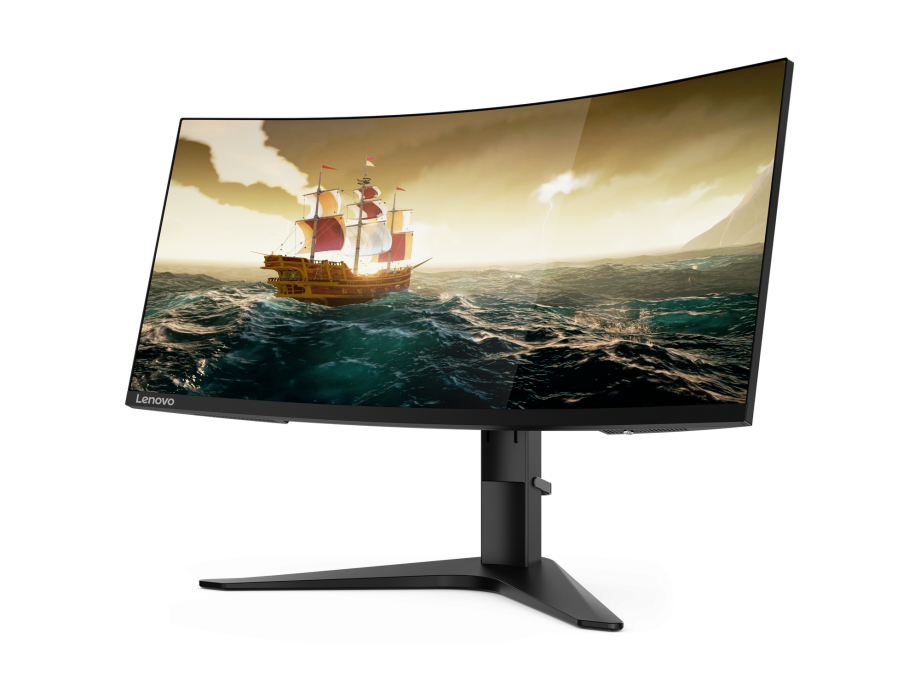The next gaming gold-rush won’t come from the PS5

The gaming industry is changing fast and a new report from Deloitte suggests that even more companies could join a new booming growth area of the market in the near future.
Competition is already nearing fever pitch in the industry, with the immense, growing popularity of rival free-to-play online shooters like Fortnite and PUBG, and the fact that Google Stadia is preparing to face-off with new conventional consoles, Playstation 5 and Xbox 2. However, the analysts have argued that yet more competitors could enter – and compete – in the gaming market in an unexpected growth area: mobile.
Analysts from Global Data also claimed, back in May, that the industry could be entering an interesting growth phase. Their report claimed that the overall value of the gaming industry could more than double over the next few years. They said: “The market will grow from $131bn in 2018 to $305bn in 2025, at a compound annual growth rate (CAGR) of 13%.”
Related: PS5 vs Xbox 2: Which upcoming console will rule the next generation?
Overall, 70% of US consumers play video games (in the UK this is more like 56%, which is still massive) and 30% of US consumers pay for a gaming subscription service of some kind, according to Deloitte. Gaming is a huge and changing market, which means investors and big business are increasingly taking notice.
Mobile gaming particularly is reaching a huge and varied audience, beyond the audiences traditionally associated with gaming. There are also more ‘multi-platform gamers’ who spread gaming time across mobile, consoles and PCs. Deloitte found that their habits and preferences varied from platform to platform but, overall, new opportunities are opening up in the market.
Deloitte explained, “A key behavioural trend across media and entertainment consumption is that consumers are more actively… tailoring their own entertainment experience… TM&E [Telecom Media and Entertainment] companies could build strategies that acknowledge the expanding presence and relevance of video gaming, especially among younger generations.”
“The gaming penetration level among millennials is higher than Pay TV penetration, an indication that younger adults are less likely to be satisfied with traditional entertainment choices.”
Yes, you read that right – gaming subscriptions have overtaken Pay TV subscriptions in the millennial market, (which Deloitte now define as including users up to the age of 35). That’s an interesting tipping point that the market has reached. Now, 53% of millennials have some sort of gaming subscription according to the Deloitte report, where only 51% have have a Pay TV subscription. Is this a sign of things to come?
Deloitte’s analysts suggested, as a result: “There could be more potential to enter the video gaming market. TM&E companies could offer existing customers extra entertainment services, in the form of video gaming-related products and services, and also help their partner brands find new advertising markets.”
The US professional services giant noted that mobile gaming has become the most popular gaming platform across all consumers. “Mobile platforms also attract a bigger, new gaming audience than other platforms,” they said, “and mobile most seamlessly integrates with social media, enabling new forms of interactive and social media gaming… Further, mobile-dominant gamers exhibit the second-highest gaming intensity with 59% playing at least weekly—above the 57% average across all gamers, but below the 61% of gamers who prefer consoles.”
There’s a notable gender difference in the mobile gaming community too, as Deloitte noted: “65% of mobile-dominant players are female, compared to 35% of console-dominant and 44% of PC-dominant players.”
That stat will stand out to any potential industry entrant who believed that gaming was previously male-dominated. The mobile-gaming boom that has accompanied smartphones has, by and large, made gaming more accessible – and changed demographics as a result.
Related: Best Gaming Phones 2019
All of these findings are interesting for current, and future, industry players. Apple will feel that their move into gaming, with Apple Arcade, is further supported, as will Google, with their Stadia project.
The creators of Stadia could be particularly happy, given that the platform can essentially act as a mobile gaming platform or fulfil the role of a traditional console. This embraces the market-wide move towards mobile and multi-platform gaming, without alienating traditional console users.
That begs the question: could Stadia have the best of both worlds, at least in business terms?
Apple and Google have, seemingly, timed their entries into the games market well. If companies take note of Deloitte’s recommendations, we could see even more companies join the gaming rush.


